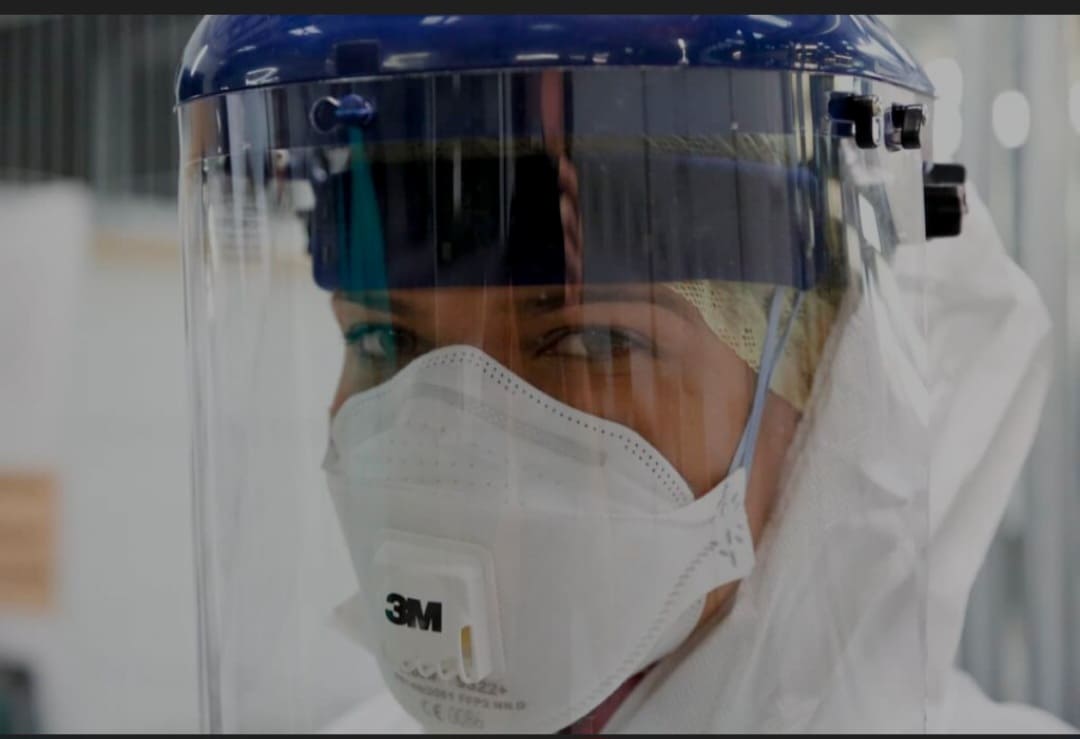
The coronavirus pandemic has impacted the health of everyone, including women, thus globally affecting their reproductive health and hygiene. This conse- quently has an ill effect on the emotional and mental wellbeing of menstrators across the globe. Women — both cis and trans — around the world have faced an increased risk of domestic violence, hate crimes, and sexual oppression due to traditionally assigned roles and weighing patriarchy which have only worsened during the gruelling lockdown. This overall rise in discrimination against women leads to reducing attention towards their reproductive health. These vulnerabilities are only spreading like wild fire in the pandemic because of the lack of ease of access to sexual and reproductive health services and awareness. People with disabilities, people in prisons, refugee and migrant women, and shelter residents find it the most difficult to According to UNICEF around seventy percent of healthcare workers are women who are facing scarcity of essentials such as hygiene and sanitation products such as basic toiletries, and menstrual care products like sanitary napkins, tampons, etc. It is especially a herculean task for the hospitalized and quarantined to gain access to menstrual care products. Frontline workers like women nurses, doctors, cops, and other essential workers have found it increasingly diffi- cult to keep up the burden of a hectic routine mixed with This would help them afford breaks at least every 4 hours to change menstrual materials, especially incase of the usage of tampons, to negate the risk of toxic shock syndrome.
Gender inequality, toxic traditions, and growing poverty furthered by humanitarian crises have resulted in turning periods into a time of great vulnerability to disease, destitution, and discrimination. Growing cases of poor menstrual health is one of the major health concerns of menstruating women around the globe, especially for the marginalized and less resourceful sections.
access decent healthcare.
Fortunately, organizations like UNICEF have taken initiative to reach out to the worst affected and the margin- alized population around the world—of which women unfortunately make a sizable portion.
menstruating.
Women affected with covid have observed a drastic change in body weight and spike in stress, causing irreg- ularities in their menstrual cycles. Wearing PPE makes it a time consuming and often big task for menstruating women to change menstrual hygiene products often
forcing women to either bleed into protective suits or use contraceptives to avoid missing out on work.
On the brighter side though, social welfare organiza- tions like UNICEF are seen taking considerable measuresto bridge the gap. They do so by providing support through easy access to high-absorbency sanitary napkins, and by supplying sufficient quantities of PPE kits for menstruators deployed at the frontline.
Another health care concern that has seen a surge during the pandemic are teenage pregnancies that may need immediate support in the form of ease to abortion and restorative care. Governments around the globe have been lacking to provide the care women need making it a lingering crisis that demands immediate corrective measures.
10 Jan 2022
Nandita Singh Rattan